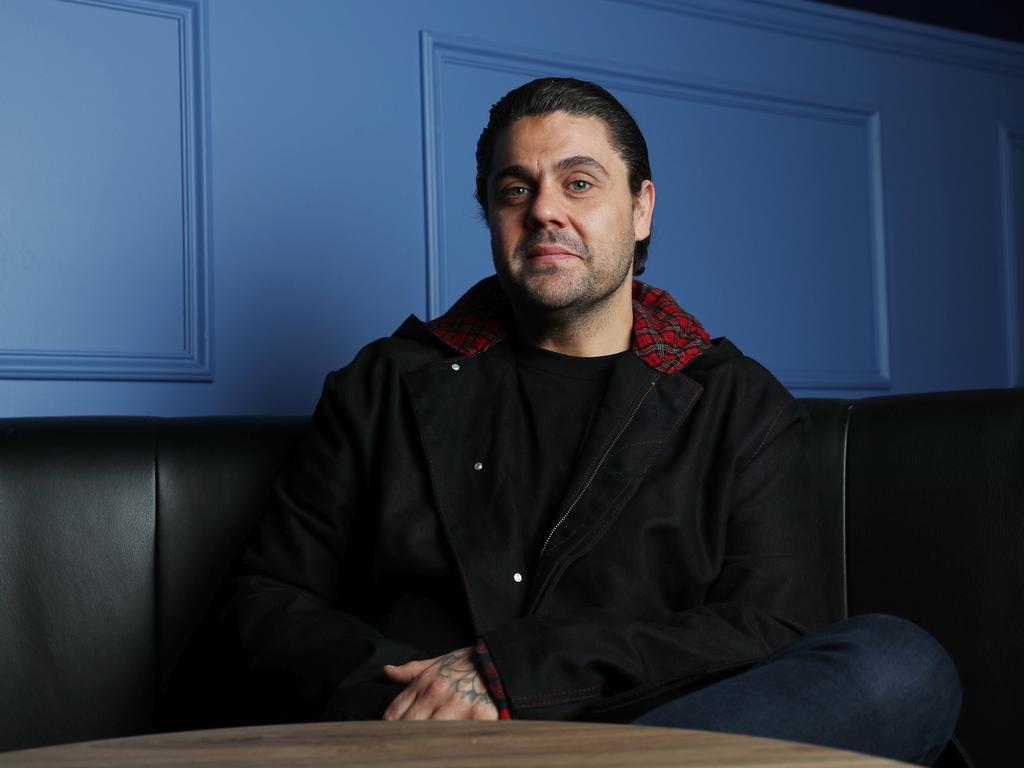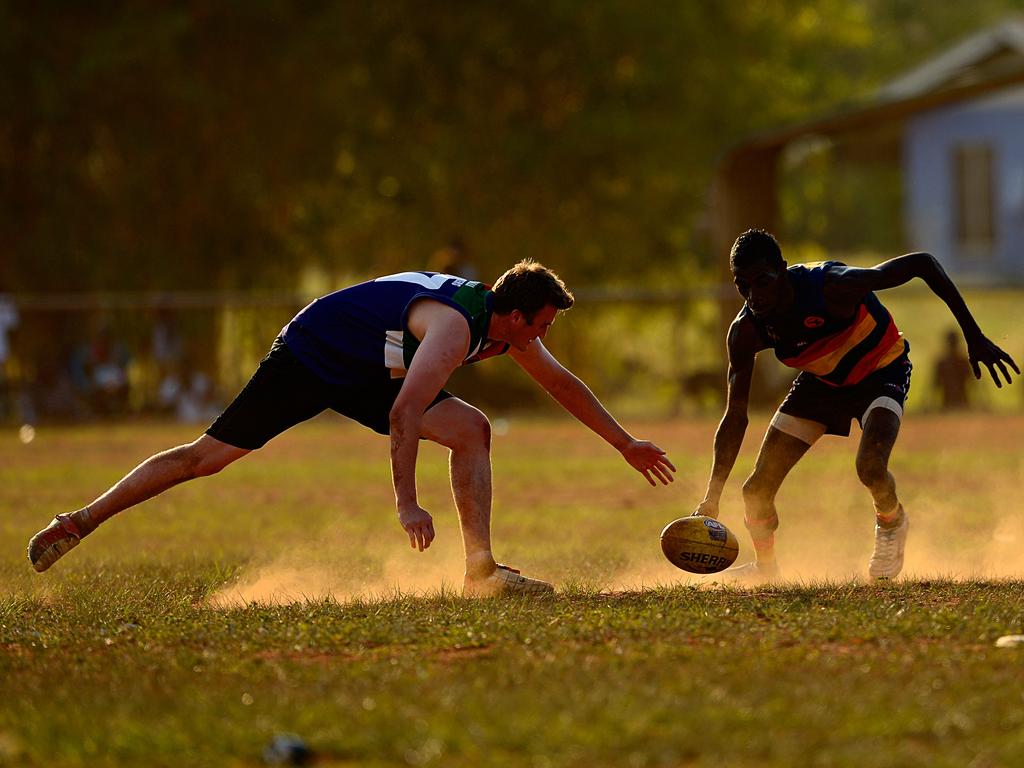ABC under fire over court case and the voice
Laura Tingle confused more than just herself with her attempt to explain why balance on the voice hampered ABC coverage.
Last Saturday, Nine newspapers reported that ABC TV political editor Laura Tingle, who is also the ABC’s staff-elected board member, had criticised her employer’s coverage of the constitutional referendum on the voice.
According to journalist Michael Koziol, Tingle was asked about the ABC’s coverage of the referendum by an audience member at a book launch in Sydney on October 12. She criticised the fact that ABC producers and presenters had to give equal time to supporters of the Yes and No cases.
Tingle’s position was that “in the interests of trying to be balanced … we’ve ended up not doing a good job of covering the referendum debate”. Tingle was also reported as commenting: “This is nuts … it’s completely sick. I shouldn’t be saying any of these things.”
Quite so. That’s the problem with the ABC having a staff-appointed director. The role of a board member is general oversight of a business or organisation. The role of an ABC reporter and (occasional) presenter is to raise issues and encourage debate. The two don’t go well together.
Perhaps more seriously, Tingle seems not to understand how her employer operates. The ABC is criticised frequently for lacking political balance. No surprise here, since it is a conservative-free zone without a conservative presenter, producer or editor for any of its prominent television, radio or online outlets. ABC managers refute this claim – but they have failed to identify one conservative who fits the bill.
However, as soon as an election or referendum is called, ABC management goes into stop-watch mode and ensures that all the participants receive equal time on the public broadcaster in accordance with an estimate of their level of support as determined by previous elections, opinion polls and the like. So it stands to reason that Tingle and 7.30 would be required by management to balance Yes and No views to the extent that this was reasonably possible. The various ABC programs appear to have done so. The considered criticism of the ABC’s lack of political diversity turns on its performance in the period between election campaigns – not during them.
The lack of political diversity is evident in the lead-up to last Saturday’s referendum. Most of the presenters and paid contributors on News Corp’s Sky News supported the No case. But prominent Sky identities such as Chris Kenny and Joe Hildebrand were strong Yes advocates. I am not aware of any prominent ABC presenter or paid contributor who was vocal in the No camp since the issue became important in the public debate.
Shortly before the polls closed last Saturday, Tingle put out a post on X paying tribute to all her ABC colleagues from all corners of the country for their coverage – particularly to her “Indigenous colleagues”. None of the ABC reporters, Indigenous or otherwise, indicated any opposition to the Yes case.
Yet Tingle seems to regard her employer’s coverage as inadequate – maintaining “there is a debate to be had about how to do this (achieve balance) in an era of social media and disinformation”.
Tingle’s one specific criticism of the ABC’s coverage of the referendum turned on what she said was the unwillingness of opposition Indigenous Australians spokeswoman Jacinta Nampijinpa Price to appear on 7.30 since July. But Price can choose what journalists she wishes to talk to. Moreover, since some 61 per cent of the nation voted No, there was plenty of talent to call on had 7.30 wanted to locate it.
The truth is that some conservatives have been “cancelled” by the ABC, which limits possible interviewees in a referendum campaign. This is a matter which ABC news and current affairs management does not wish to address.
Like many of her ABC colleagues, Tingle exhibits a lack of self-awareness when it comes to the public broadcaster. The lack of self-awareness of some of her colleagues was evident most recently in the judgment of Justice Michael Lee in the case of Russell v Australian Broadcasting Corporation (No 3) that was handed down on Monday. It’s a detailed decision running for 83 closely typed pages.
Justice Lee awarded former ADF commando Heston Russell $390,000 in damages. He had been accused by journalists Mark Willacy and Josh Robertson of complicity in the murder of an Afghan prisoner of war.
It was a case, familiar to ABC critics, where ABC journalists believed what they wanted to believe and in this case accepted the evidence of someone who identified as “Josh” (later he gave his own name) who was not present at the scene of the alleged crime. He had heard a rifle shot and assumed a prisoner of war had been shot and a war crime had occurred.
Russell’s case was supported by 2GB journalist Ben Fordham. Media Watch presenter Paul Barry does not present as a member of the Russell fan club. But he maintained for a long time that the ABC’s case was weak and should have been settled out of court.
Obviously, Justice Lee has no axe to grind with respect to the ABC. However, he pointed to how Willacy and Jo Puccini (then head of ABC investigations) had thrown the switch to “defensiveness” due to an unwillingness to accept legitimate criticism.
Moreover, the Federal Court judge criticised ABC Communications (which, as I have argued in this column for some time, often fails to communicate) for issuing a “misleading” media release on July 12 titled “Heston Russell”. This was yet another example of ABC Communications being in denial about the errors and shortcomings of ABC journalists.
An anonymous ABC spokesperson has said Willacy will not be dismissed. Fair enough. But the fact is that the campaign against Russell is not untypical of the ABC’s modus operandi. As to Tingle, don’t expect any action against her by ABC management – after all, the ABC is essentially a staff collective in which high-profile journalists run the place.
Gerard Henderson is executive director of the Sydney Institute.








It comes as some surprise when the ABC is criticised by one of its own and a senior judge in less than a week. But not so much that neither event was regarded as big news on the taxpayer-funded public broadcaster.